Over 100 Health Facilities Accredited as Uganda Scales Up Baby Friendly Health Initiative
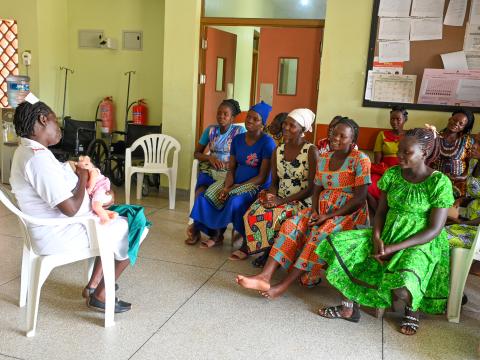
Over 100 health facilities across Uganda have been accredited under the Baby Friendly Health Initiative (BFHI), a government-led program aimed at improving maternal and child health, through strengthened breastfeeding support and community empowerment, with significant backing from World Vision Uganda.
The initiative, led by the Ministry of Health and supported by partners including World Vision Uganda, is transforming maternity care by ensuring that health facilities meet 14 global standards that promote, protect, and support optimal breastfeeding practices from pregnancy through postpartum care.
“BFHI is about creating environments where mothers and babies get the care and guidance they need to succeed with breastfeeding right from the start,” says Laura Ahumuza, a Senior Nutritionist and National Coordinator for BFHI in Uganda.
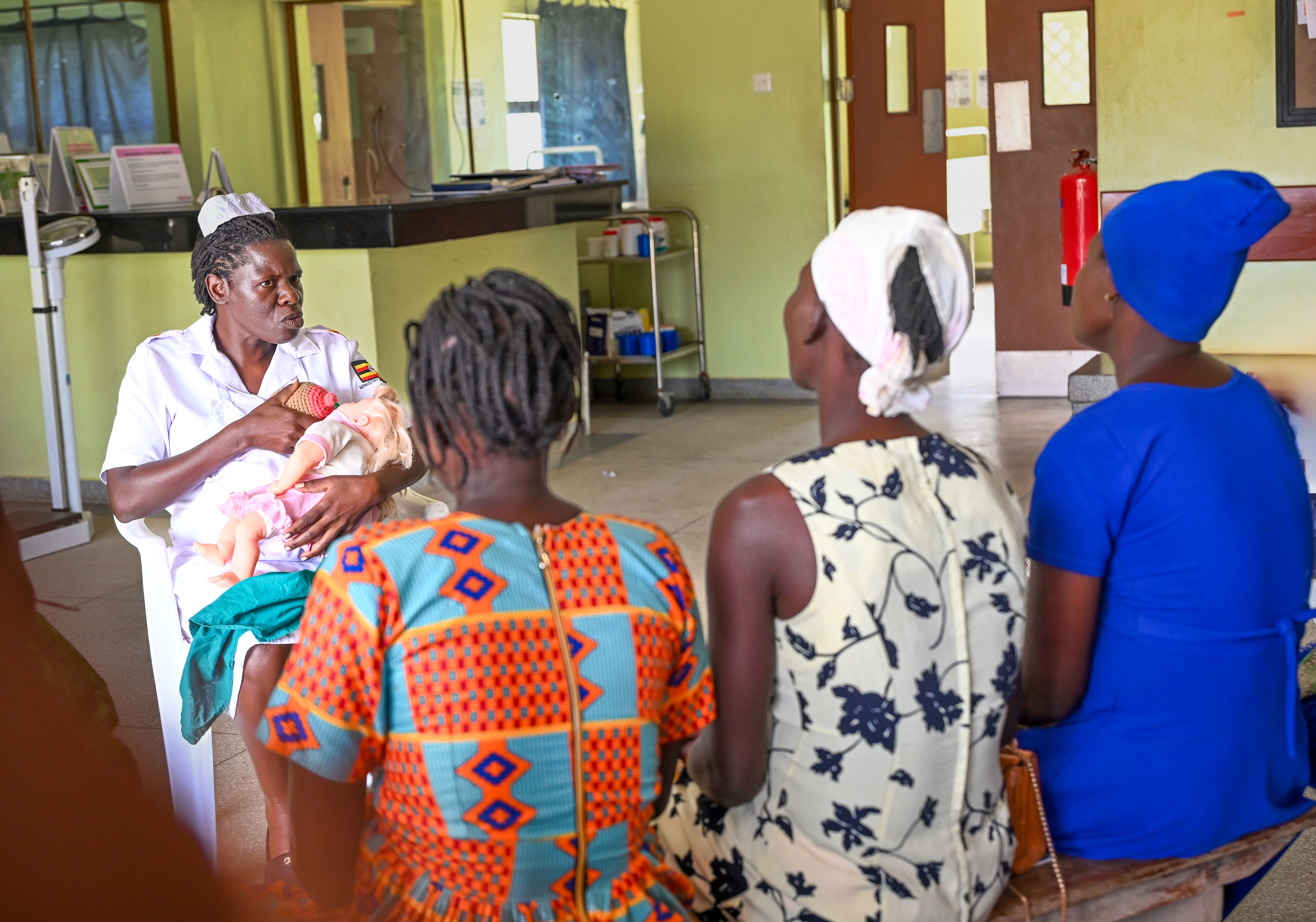
World Vision Uganda has played a key role in expanding the reach and impact of the initiative. Since launching its support in Kitgum district in 2013, the organisation has partnered with the government to train health workers, conduct facility assessments, provide technical mentorship, and support the formation of mother care groups and Village Health Teams (VHTs).
“Breastfeeding is the foundation of life. It’s the most nutritious, accessible, and life-saving start a child can have,” said Benon Musaasizi, the Technical Lead for Health and Nutrition at World Vision Uganda. “Our goal has been to support government efforts by building the capacity of health workers and communities to sustain breastfeeding practices.”
In Tororo District, health centres like Tororo General Hospital, Sop Sop Health Centre III, and Paya Health Centre III have embraced the BFHI model, showing visible improvements in maternal knowledge, newborn care, and reduced infant illnesses. Assistant District Health Officer, Sister Bwire credited World Vision’s contribution for helping to build confidence among both healthcare providers and mothers. “The trainings have been practical and empowering. We now see mothers who are well-informed and ready to breastfeed exclusively,” she says.
At Sop Sop Health Centre III, the In-Charge Amos Emojong, says early engagement during antenatal visits has been key: “We begin the conversation at pregnancy detection. By the time mothers deliver, they are confident and committed to breastfeeding.”
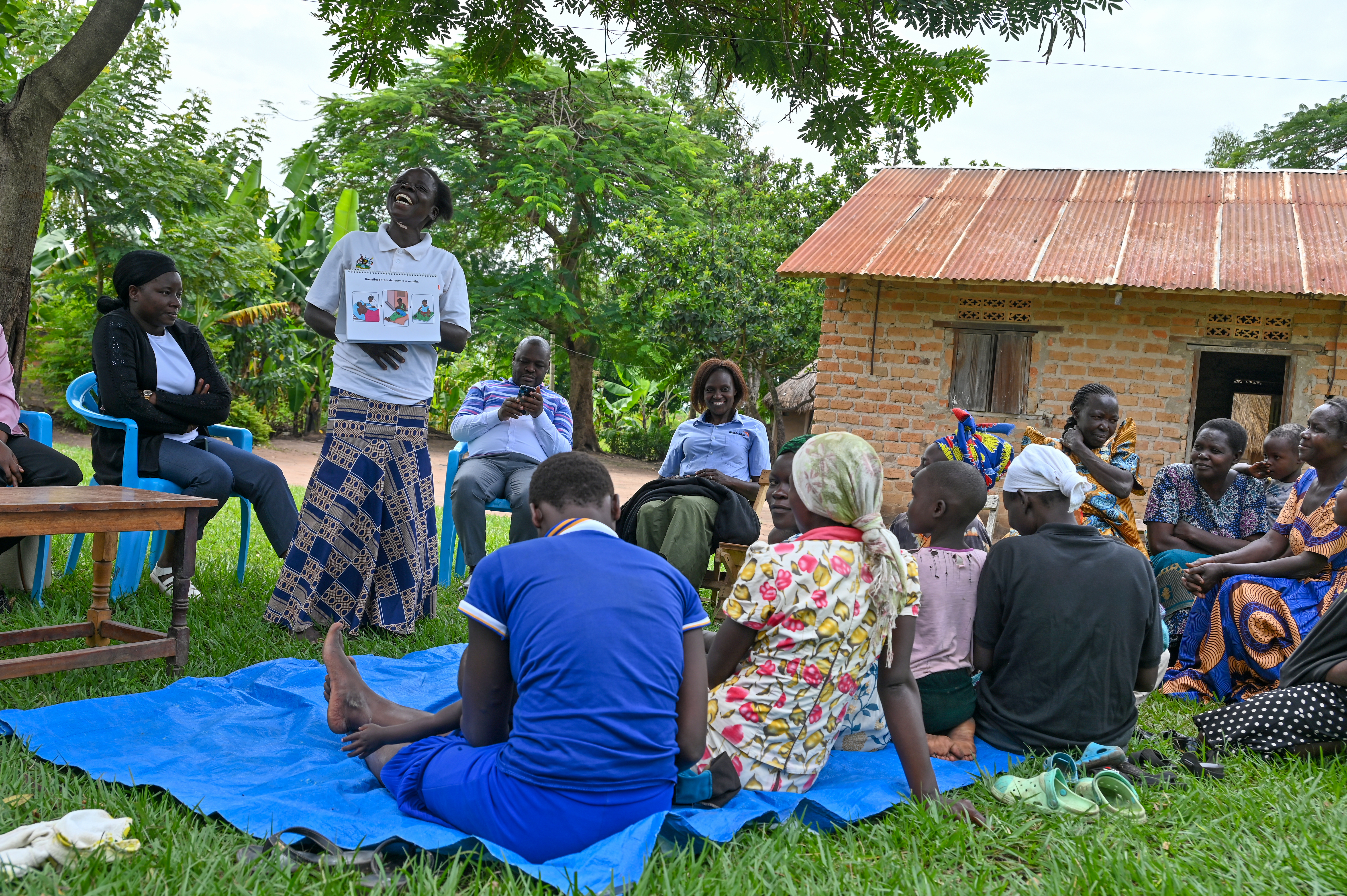
Mothers themselves are seeing the benefits. Evelyne, a mother of three, said learning to express breast milk and manage engorgement changed her experience entirely. “That made all the difference,” she says. Angella, another mother from Paya village, credited immediate skin-to-skin contact after birth for helping her establish a successful breastfeeding journey.
Health workers report noticeable improvements. “Before BFHI, many mothers lacked information about exclusive breastfeeding. Now they are knowledgeable, and we see fewer cases of infection, jaundice, and malnutrition,” says midwife Jennifer Namboso of Paya Health Centre III.
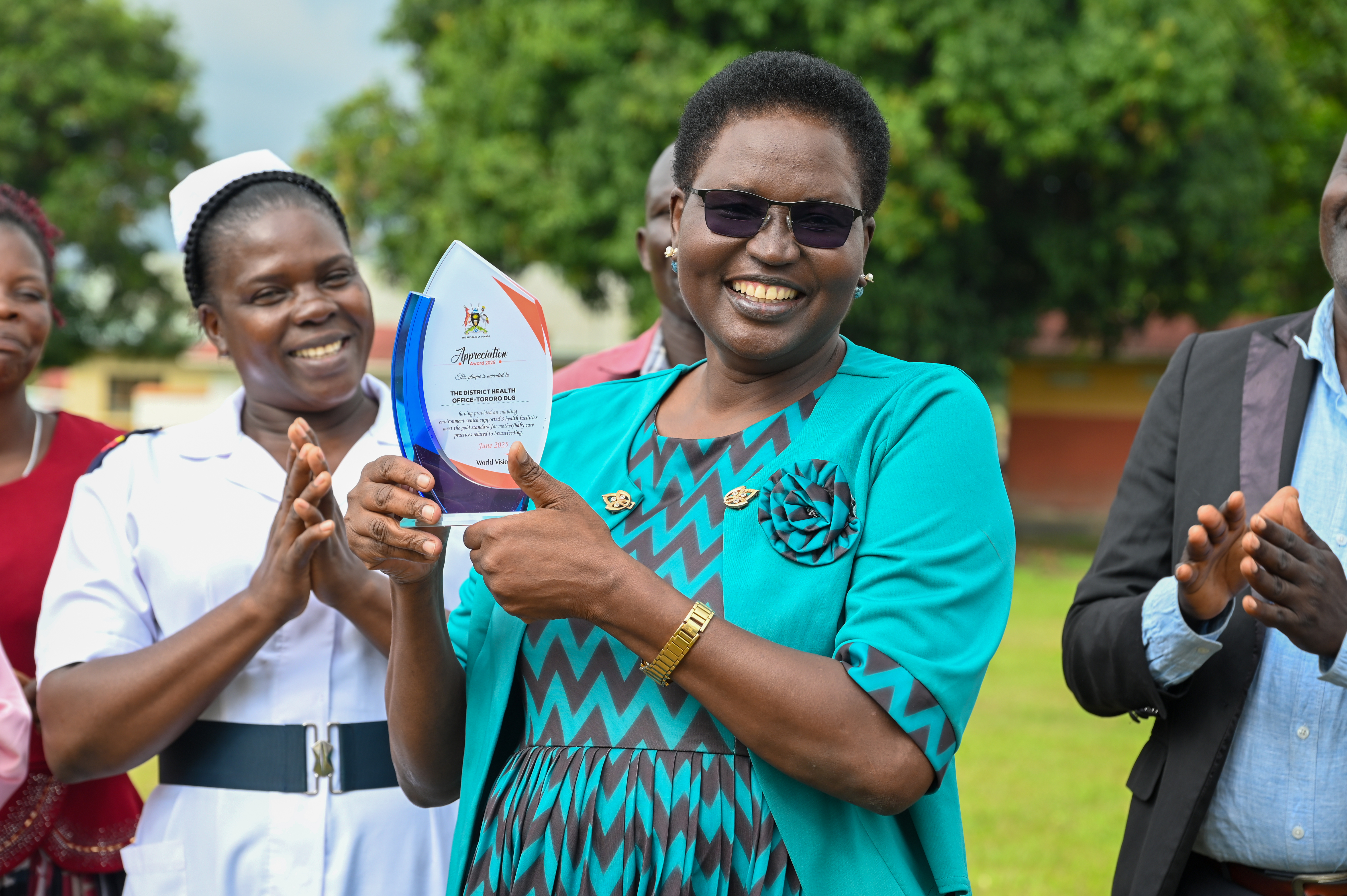
With continued collaboration between the Ministry of Health, World Vision Uganda, district health teams, and communities, BFHI is poised to expand further. The ultimate goal is to ensure all maternity-capable health facilities in Uganda become baby-friendly, creating a strong foundation for healthier children and empowered mothers.
“Breastfeeding is a tradition,” Sister Connie notes, “but now, with BFHI, it’s strengthened by science, structure, and strong community commitment.”
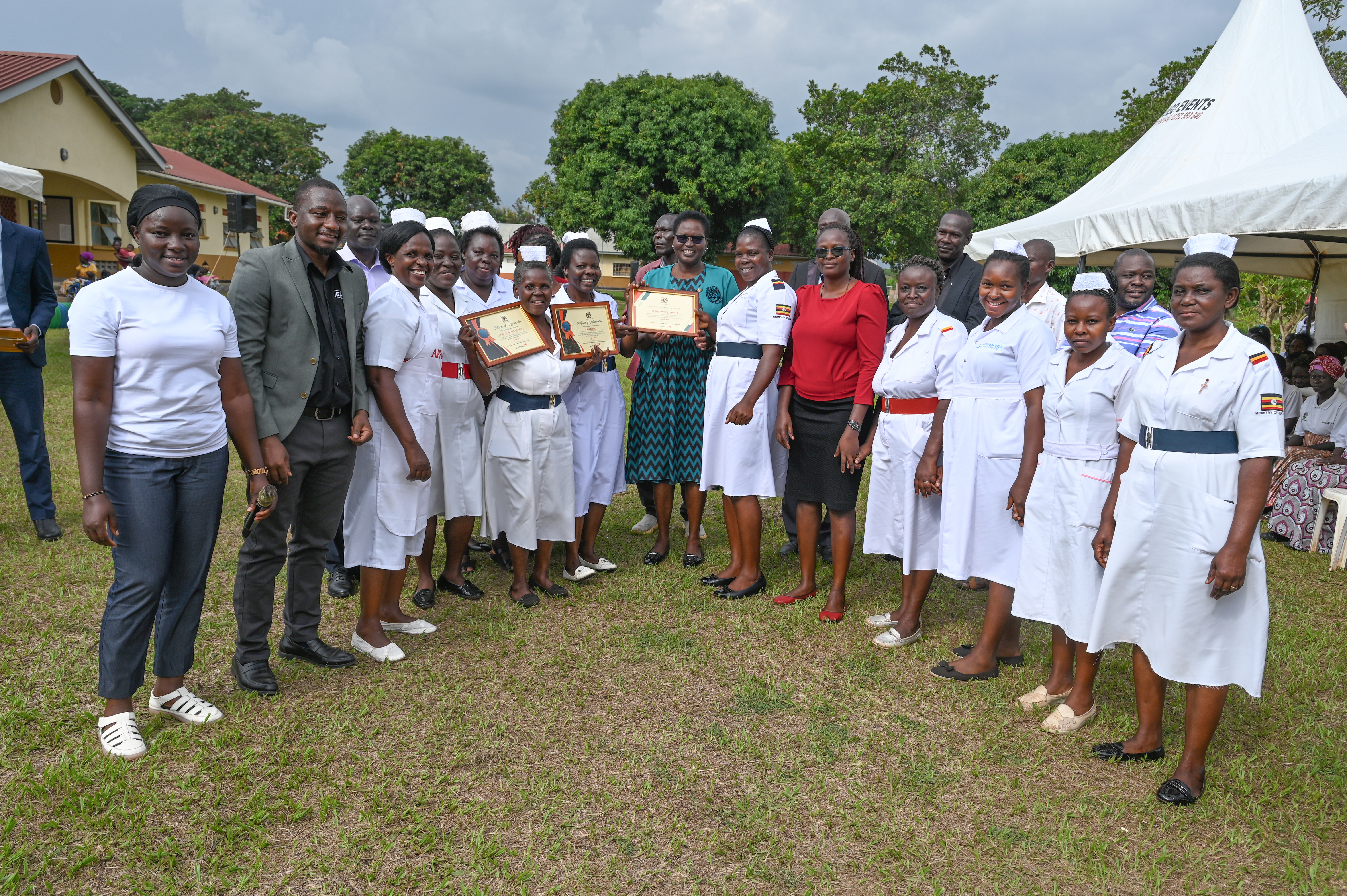
Story by: Matthew Kisa - Communications Officer.